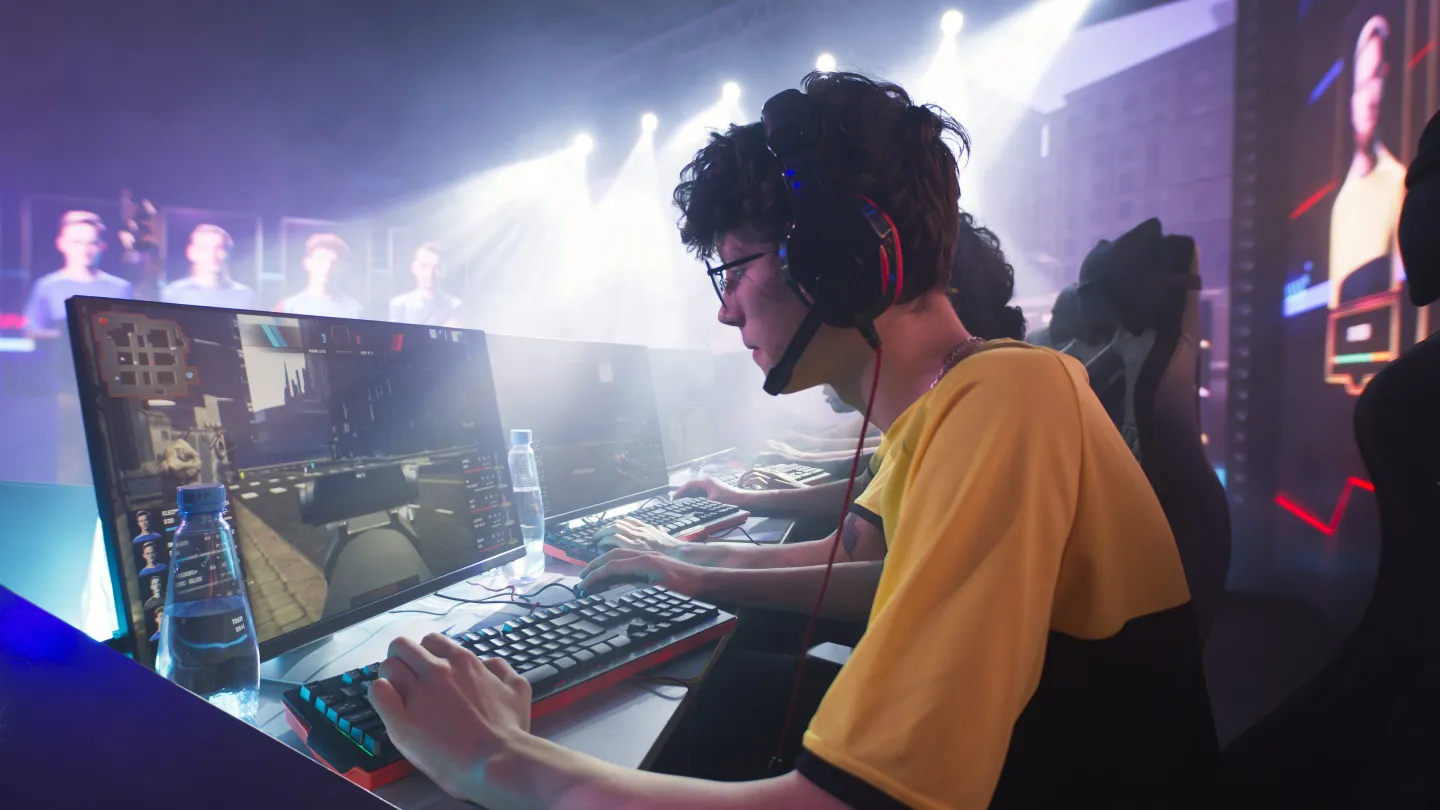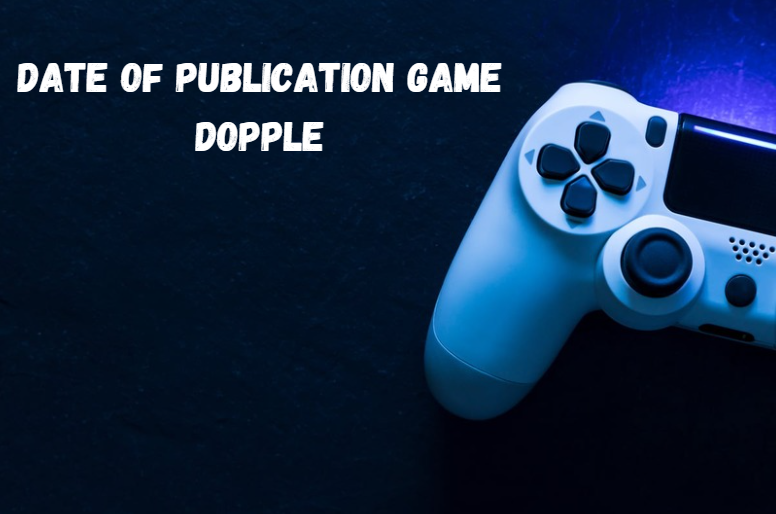Blocked Games: Understanding the Causes, Impact, and Solutions

Table of Contents
ToggleIntroduction
Blocked games are an increasingly common issue across various environments, including schools, workplaces, and home networks. While these restrictions are often put in place for legitimate reasons, they can have significant impacts on users. This article explores the reasons behind blocked games, the effects on different groups, and potential solutions for addressing the issue.
Reasons for Blocking Games
1. Institutional Policies
Many institutions, including schools and businesses, implement game-blocking policies for several reasons:
- Productivity Concerns: Schools and workplaces often block games to maintain focus and productivity. In educational settings, games can be distracting, potentially affecting students’ academic performance. Similarly, at work, games can lead to decreased efficiency and engagement in job responsibilities.
- Bandwidth Management: Online games, especially those with high graphics and real-time interactions, can consume significant bandwidth. By blocking these games, institutions aim to optimize network performance and ensure that essential services and applications run smoothly without interference.
2. Network Restrictions
Network administrators may block games for various reasons:
- Security Risks: Online games can pose security threats, including vulnerabilities to hacking and malware. Games often require frequent data exchanges and interactions with external servers, which can increase the risk of cyber attacks. Blocking games helps protect the network and its users from potential security breaches.
- Compliance and Regulation: Some organizations must comply with legal and regulatory requirements that restrict access to certain types of content, including games. These regulations are often designed to ensure that the network remains secure and adheres to industry standards.
3. Technical Issues
Technical problems can also lead to games being blocked unintentionally:
- Firewall and Security Settings: Firewalls and security software may mistakenly classify games as potential threats. Overly strict security settings or misconfigured rules can result in games being blocked, even when the intent is not to restrict them.
- DNS and Connectivity Issues: Domain Name System (DNS) problems or connectivity issues can prevent games from loading or functioning correctly. This can create the appearance that games are blocked when the issue is actually related to network configuration or connectivity.
Impact of Blocked Games
1. On Students
For students, the blocking of games can have several implications:
- Decreased Engagement: Educational games are often used as tools to enhance learning and engagement. When these games are blocked, students may miss out on interactive and educational experiences that can aid in their academic development.
- Increased Frustration: Students may feel frustrated if games they use for relaxation or social interaction are blocked. This frustration can impact their mood and overall well-being, potentially affecting their academic performance and social interactions.
2. On Employees
For employees, the impact of blocked games can include:
- Morale and Job Satisfaction: In some workplaces, games are used as a form of stress relief or team-building. Blocking these games might negatively affect morale and job satisfaction, leading to decreased employee engagement and productivity.
- Work-Life Balance: Employees who use games as a way to unwind during breaks might find their work-life balance disrupted if access is restricted. This can lead to decreased job satisfaction and increased stress.
3. On Families and Home Users
For families and home users, blocked games can have various effects:
- Limited Entertainment Options: In home environments, games can provide entertainment and relaxation. Blocking access to games can limit entertainment options, especially for children and teenagers who use games as a form of leisure.
- Strained Relationships: For families where gaming is a shared activity, blocking games can cause tension and disagreements. This can affect family dynamics and reduce opportunities for shared bonding experiences.
Solutions for Addressing Blocked Games
1. Assess and Adjust Policies
Organizations and institutions should regularly assess their policies regarding game access:
- Review Policy Objectives: Ensure that the policies align with the actual goals of productivity, security, and bandwidth management. Adjust policies as needed to balance these objectives with the potential benefits of allowing certain types of games.
- Incorporate Feedback: Gather feedback from students, employees, and users to understand their needs and concerns regarding game access. Use this feedback to make informed adjustments to the policies.
2. Implement Controlled Access
Instead of blanket blocking, consider implementing controlled access solutions:
- Whitelist and Blacklist: Create a whitelist of educational or productive games that are beneficial and a blacklist of games that are deemed inappropriate or distracting. This approach allows for flexibility and ensures that useful games remain accessible.
- Scheduled Access: Allow access to games during designated times, such as breaks or after work hours. This approach can help manage productivity while still providing opportunities for relaxation and entertainment.
3. Enhance Technical Solutions
Address technical issues that may lead to games being blocked unintentionally:
- Review Firewall Settings: Regularly review and update firewall and security settings to ensure that legitimate games are not being mistakenly classified as threats. Adjust settings to allow access while maintaining network security.
- Resolve DNS and Connectivity Issues: Ensure that DNS settings and network connectivity are properly configured to avoid unintentional blocking of games. Regular maintenance and troubleshooting can help prevent these issues.
Conclusion
Blocked games are a common issue with various underlying causes, including institutional policies, network restrictions, and technical problems. While these restrictions are often implemented to address productivity, security, and bandwidth concerns, they can have significant impacts on students, employees, and home users. By understanding the reasons behind blocked games and exploring potential solutions, organizations and individuals can better manage game access while balancing productivity and entertainment needs. Regular assessment, controlled access, and enhanced technical solutions can help mitigate the negative effects and ensure a more balanced approach to game access.













Post Comment